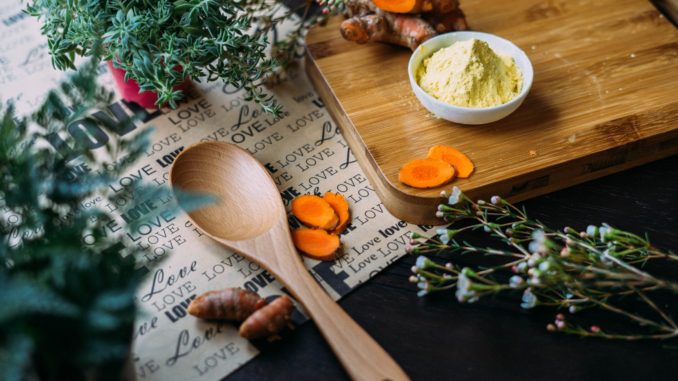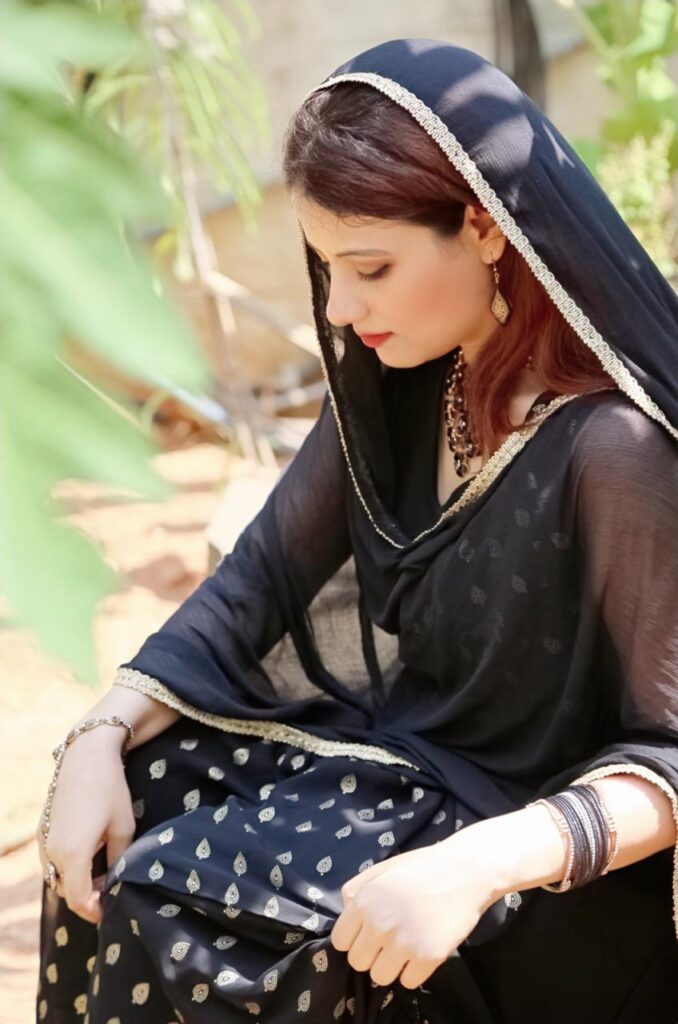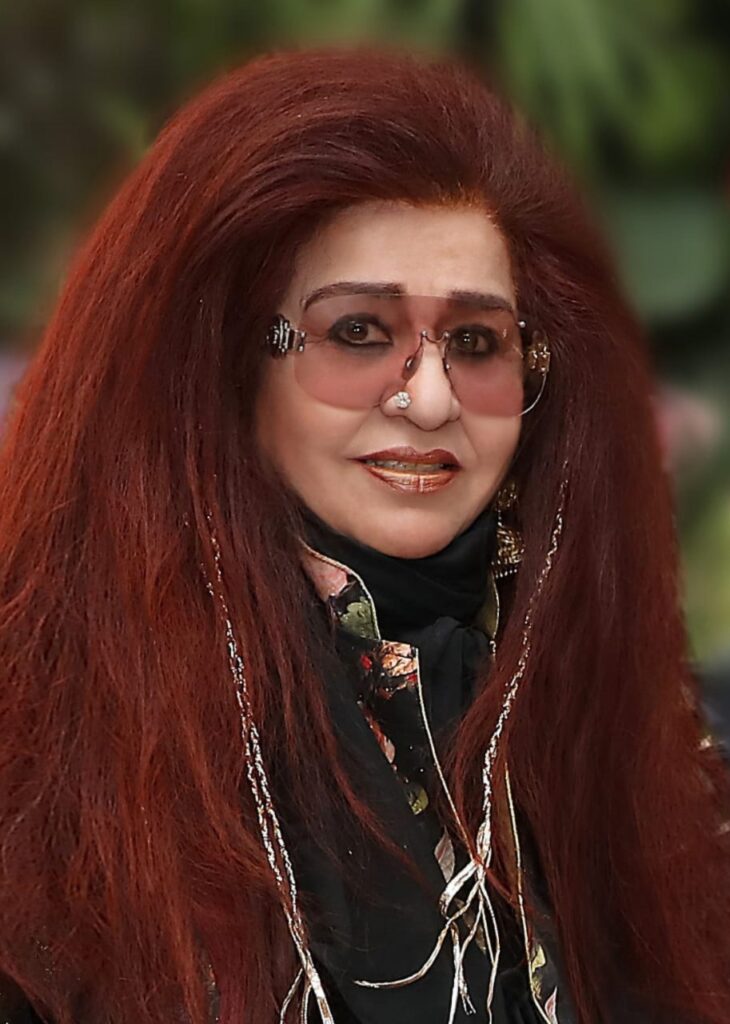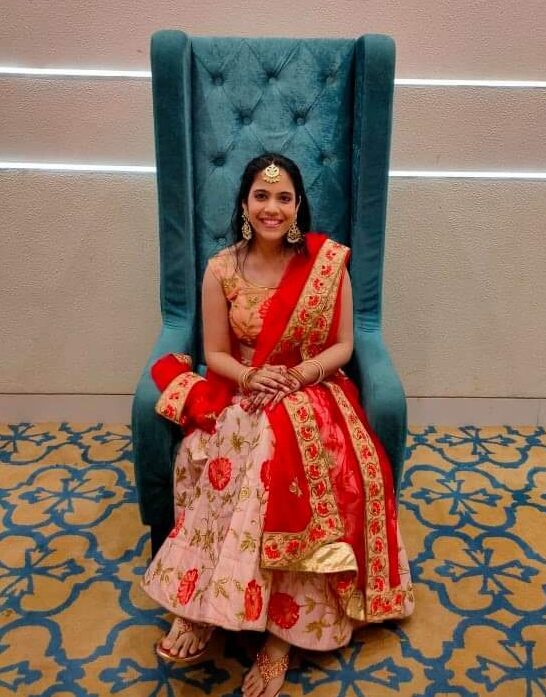
Beauty prep for an Indian bride often begins weeks ahead of the big day. From applying ubtans —face masks made of natural, kitchen ingredients like turmeric, chickpea flour, cream, and yogurt — to eating a vegetable and fruit-rich diet, to oiling the hair with coconut oil, this is a time when even the most careless of girls are schooled into taking better care of themselves!
India has a plethora of beauty brands that offer a range of skincare, from the most basic creams and moisturizers to complex formulations targeted at specific skin issues. And Indian brides have learned to take the best of both worlds when it comes to their pre-bridal beauty routines. While the reliance on age-old remedies is heavy, most are not averse to using things like serums and chemical peels.

Reshma Parveen, a 29-year-old, from Bengaluru who works in a global accounting firm, is looking forward to her Muslim wedding, which was postponed due to the pandemic. She has made changes in her diet and has started eating more fruits and vegetables along with maintaining a good sleep cycle. She has been using a niacinamide serum along with a vitamin C serum for her face followed by a night-repair serum before going to bed. However, home-made face packs are constant in her routine.
“My mother would always make a face pack with turmeric and yogurt for me when I was younger, and now that I am getting married, she tells me to use it more frequently,” said Parveen who swears by her mother’s special mask for glowing skin. “It has a lot of ingredients, but it’s really good.”
“Gram flour, rose petal powder, sandalwood powder, red lentil powder, neem and wild turmeric powder are mixed with rose water and jasmine oil to make a paste and applied on the face for 15-20 minutes.”
Gathering the ingredients of these home-made skin remedies may seem daunting, but most of them are generally available in an Indian kitchen. For instance, turmeric, a key ingredient in Indian skincare is a spice that has widespread use in Indian cuisine for its anti-inflammatory and antioxidant properties.
Turmeric is considered an auspicious spice in Indian culture and is used in the Haldi (turmeric) ceremony, where a paste containing the spice is applied to the bride and groom on the morning of the wedding.
Different regions in India have their take on ingredients for skincare but some like turmeric, honey, and Multani mitti or Fuller’s earth are used throughout the country.
Many of these remedies have their roots in Ayurveda, a 5000-year-old discipline of medicine that originated in India. Ayurveda emphasizes the importance of a healthy lifestyle and natural remedies. Revenue studies of leading Ayurvedic skincare brands show that the most in-demand brands made up to $370 million in 2016 and continue to see growth.

“Centuries of usage have shown that natural ingredients have many beneficial properties and enhance the beauty of the skin and hair,” said Shahnaz Husain, founder of the Shahnaz Husain beauty brand, who is credited with popularizing Ayurvedic beauty treatments all over the world. “They have fewer side-effects than synthetic preparations and chemical ingredients that often cause allergic reactions and cause a build-up of toxins.”
Husain urges brides to start their beauty routine four to six weeks before the wedding festivities begin.
“Start eating healthy and bring down your stress levels because you don’t want your anxiety to show up on your face,” said Husain. “Start using a face mask with Fuller’s earth, sandalwood powder, and rose water to soothe and heal acne and add a glow to the skin.” Fuller’s earth contains hydrous aluminum silicates, which are clay minerals that help soak up excess oils and clean out pores.

Anahita Kashikar, a 26-year-old bride from Thane, a city just outside of Mumbai is tying the knot in a Hindu ceremony in December. She is a financial accounting and reporting analyst and talks about how extreme stress due to the pandemic and the postponement of her wedding led to her skin breaking out. Now she is focusing on eating healthy and maintaining good mental and physical health.
“When I reconciled myself to the fact that the situation was beyond my control and I had to make peace with it, my acne reduced and my face started healing,” said Kashikar who has started using home-made face masks. Kashikar also uses facial oil and a vitamin C spray serum for her face that makes her skin glow.
When it comes to hair care, Indians tend to rely on natural oils such as coconut, amla oil, or almond oil. Regular oil massages moisturize the hair and increase circulation for better hair growth, said Husain.
Gurleen Kaur, a 30-year-old from Chandigarh, who runs a clothing business with her mother, is ready to get married in three weeks. She has been preparing for her Sikh wedding ceremony and functions.
“Only a few weeks remain for my wedding functions, but I started taking care of my skin and hair since the Roka.” A Roka is a kind of engagement ceremony where the bride and the groom are “booked.” One of the most auspicious pre-wedding ceremonies in Punjabi and Sikh culture, it typically happens a few months before the wedding.
Gurleen Kaur says that her weekly coconut oil head massage is a stress buster and works wonderfully well for her hair.
Husain recommends using hot oil treatments for the hair once or twice a week.
“Heat pure coconut oil and apply on the hair,” said Husain. “Then dip a towel in hot water, squeeze out the water, and wrap the towel around the head like a turban. Keep it on for five minutes. Repeat the hot towel wrap three or four times.”
(Edited by Uttaran Das Gupta and Gaurab Dasgupta.)
The post Indian Brides Prefer Traditional Beauty Remedies appeared first on Zenger News.
